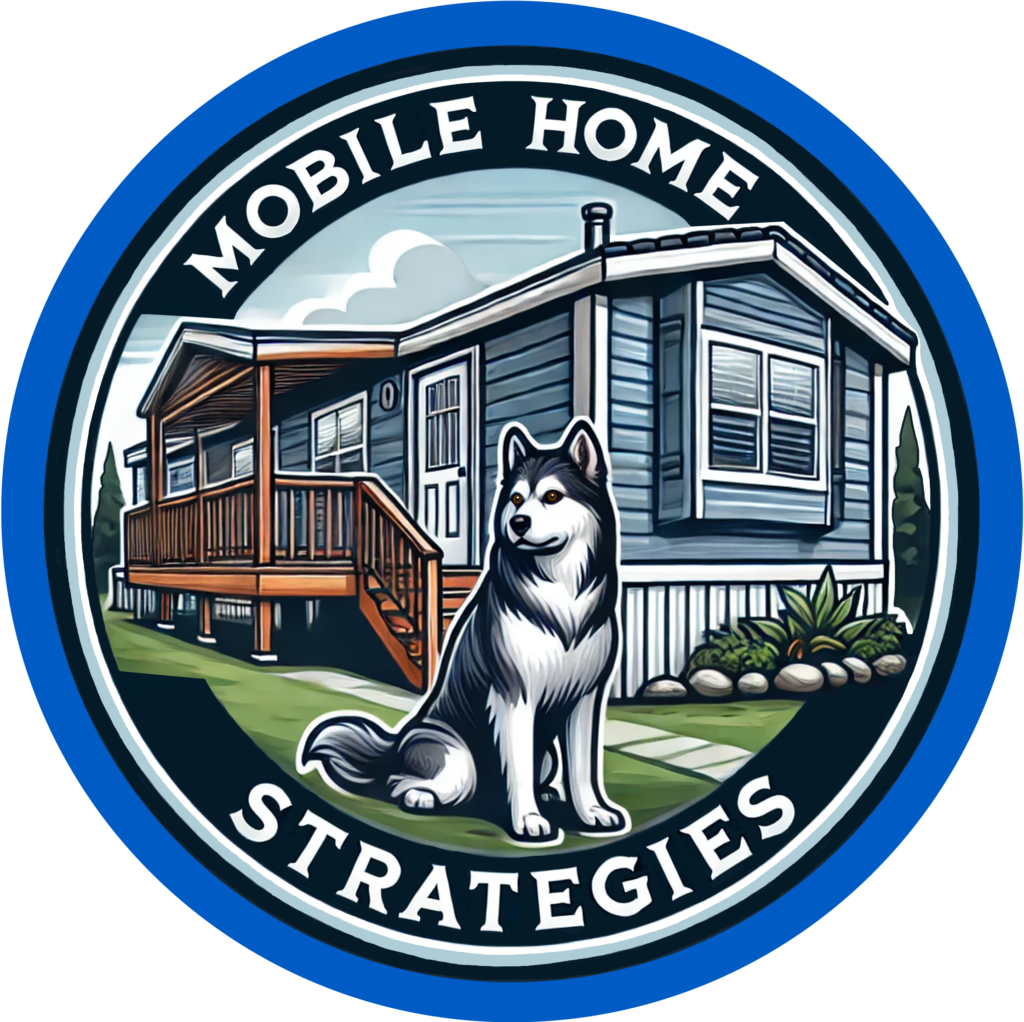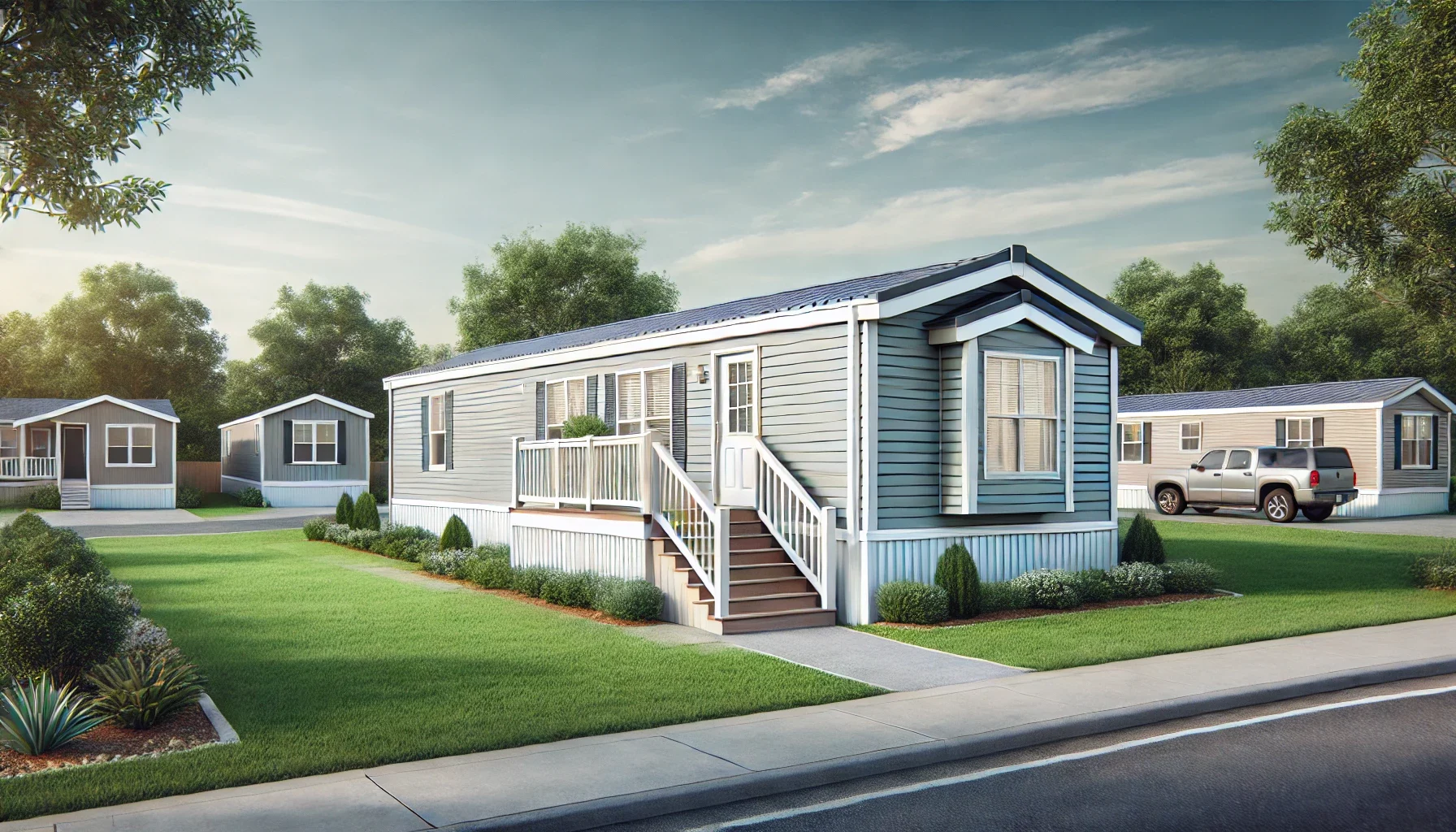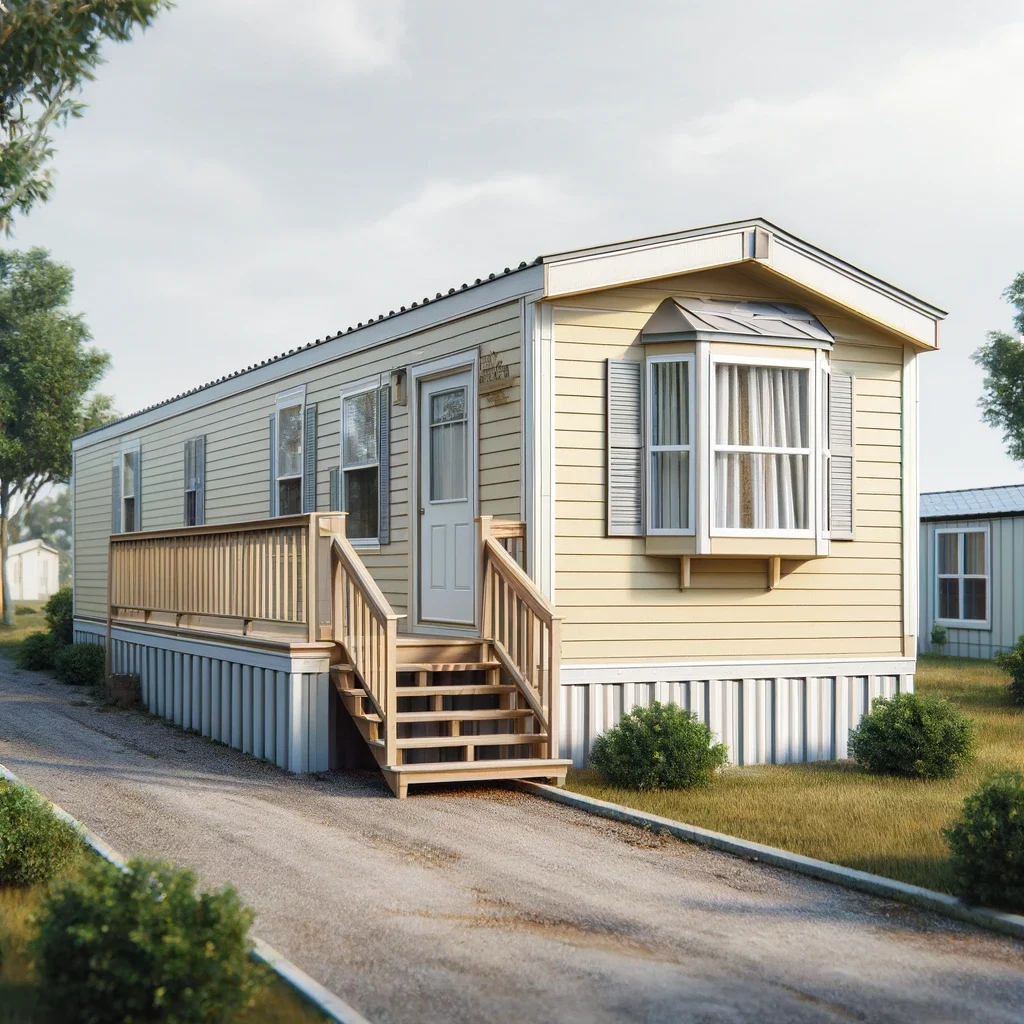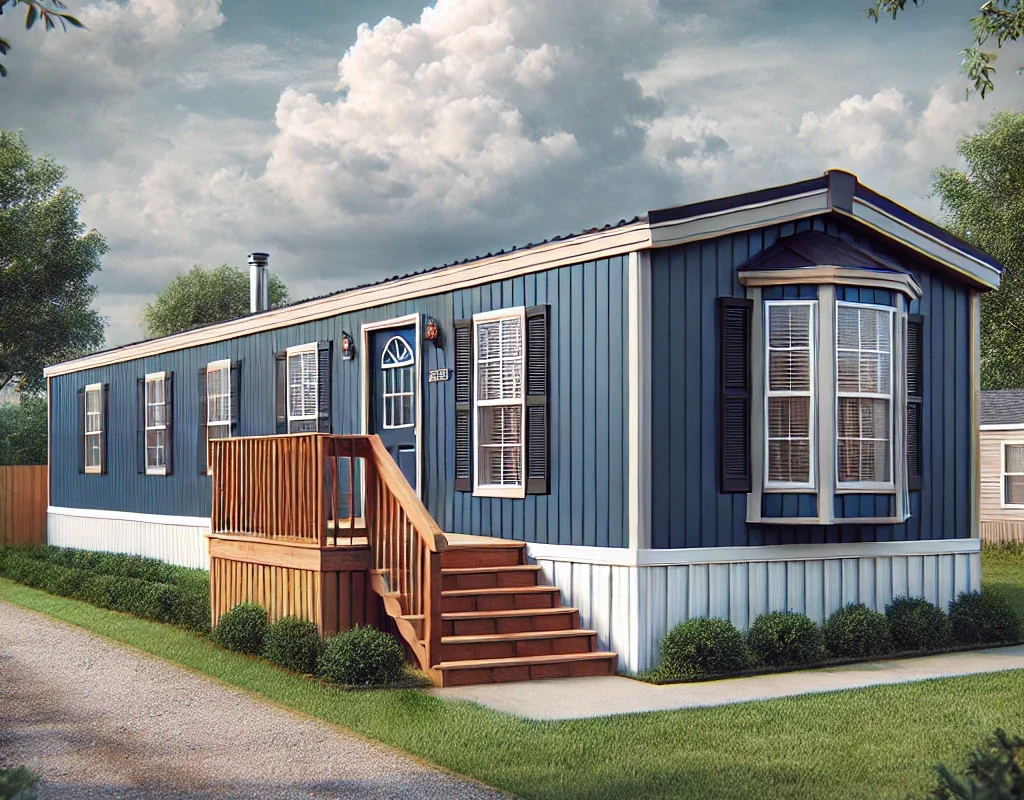Probate properties are a great opportunity for real estate investors and those looking for a discount, but what does it take for a homeowner dealing with the probate process to sell? This article is an informative resource for anyone dealing with the probate process. It will explain what probate is and how you can navigate the often tricky legal and emotional landscape to sell a property in probate while still making a profit.
What is a Probate?
Whether a person died with a will assigning their assets to one or more beneficiaries, or they passed away intestate (without a will), their assets instantly become the responsibility of the executor of their estate or the Court. There are two types of probate: formal and informal.
With an informal probate sale process, there is limited court involvement because the estate has a clear, uncontested will or there is no dispute regarding the identity of the heir(s). This path is typically faster and more straightforward. However, this article addresses the trickier process of formal probate, which can occur when the estate owes a large amount of debt, the will is contested, or the original will cannot be located.
In these more complicated cases, the Court must become involved to make key decisions about how the estate will be distributed. This often includes naming an administrator and reviewing the sale of real property, like a mobile home, before any transaction can be completed.
Can a Mobile Home Be Sold While in Probate?
Yes, it can! Even if a mobile home is part of an estate going through probate, it can still be sold. In fact, this is a common step taken to satisfy debts, distribute assets, or simplify the estate for beneficiaries.
Depending on how the estate was left when the person passed away, a property in probate can be sold by three types of parties:
- Executor of the Estate – Named in the will and responsible for handling the estate.
- Administrator of the Estate – Appointed by the Court if there is no will or executor.
- The Court Itself – In cases where there are no heirs or no one petitions to manage the estate.
Once the rightful party is identified and authorized to manage the estate, they can begin the process of petitioning the court to sell the mobile home. This process varies slightly by state but generally follows similar steps, regardless of the type of home or location.
What Does it Take to Sell a Manufactured Home in While in Probate?
An executor’s main responsibility is to preserve the estate’s assets for distribution to any Heirs or beneficiaries, as outlined in the will. Sometimes a situation might occur where the estate owes a large amount of debt to creditors or the property has been neglected and back taxes are owed to the government. In this situation, the executor of the estate, the administrator, or the Court is allowed to sell the property to settle all debts, even if there are Heirs.
A good example of this is an elderly woman who passes away with an executor for her estate to manage her affairs. She has two Heirs. By the time she dies, she has racked up both hospital and credit card debt to the amount of $90,000. She leaves a home worth $150,000 but no cash assets and owes $80,000 to the hospital and $10,000 in credit card debt. Despite having passed, the estate still must find a way to pay off these debts. If the Heirs are unable to cover the debt themselves, the executor will need to sell the property to pay off the $90,000 of debt. Once the mobile is sold, the remaining $60,000 would be divided between the two Heirs.
A property in probate may also be sold if the person died with no will and there are no immediate Heirs. In this situation, the Courts can order the property to be sold and any profits distributed to the closest relatives.
Meet Our Team
Robbie, Kristen, and Koda!

At Mobile Home Strategies, we understand that selling a mobile home through probate can be an emotional and complicated process. That’s why our family-run team is here to make it simple, respectful, and stress-free.
Robbie Hillson is a licensed attorney and experienced real estate investor. His wife Kristen is a pediatric psych nurse with a heart for helping families. Together with their Alaskan Malamute, Koda, they’ve helped families navigate life transitions with compassion and integrity.
✔ We buy mobile and manufactured homes in any condition—even in probate
✔ No repairs, no commissions, and no surprise fees
✔ Close in as little as 7–10 days, or on your schedule
If you need to sell a mobile home stuck in probate, you’re not alone. Let’s talk and find the best solution for your unique situation. Reach out today for a free, no-obligation cash offer. Let’s find the best strategy for you—contact us today!

Steps for Selling a Mobile Home in Probate
If you own a property that is stuck in probate and you’re struggling to find a way to sell, there is hope! Depending on local and state laws, the process of selling a probate property can be completed in four steps. The first step is having an executor or administrator assigned, if there wasn’t one already assigned by the deceased.
If you are assigned as the executor (or you and the executor are in agreement on how to continue), you now have the ability to decide whether to sell the property or keep it. Whether the estate owes money to creditors or you inherited a mobile home in another state that doesn’t make sense to keep, you can decide to sell that property and walk away. But before you put up that For Sale sign, you’ll need to have the property appraised. Once that is complete, only then can you petition the Court so that you can list the property for sale on your own (FSBO) with a trusted realtor who has experience with probate properties, or sell it directly to an investor.
Decide How to Sell the Property:

Valuation or Appraisal
First up is finding out how much that property is worth. To do this, you’ll need a valuation of the land by a trusted professional, or you’ll need to hire a professional appraiser who understands the law in the area—especially as it pertains to evaluating the current market value of a property that’s in probate. Appraising a mobile home can differ from traditional real estate due to factors like whether the home is on leased land, titled as personal property, or affixed to real property.
In many states, the Court requires the property to be sold for at least 90% of its appraised value, which means pricing your home appropriately is a critical step that can affect how quickly it sells and whether the sale will be approved by the probate court. That makes it even more important to find an appraiser with probate property experience—someone who won’t balloon the worth of the land or undervalue the home based on inexperience with manufactured homes.
If your mobile home sits on rented land in a mobile home park, the appraiser will need to understand the terms of the land lease and how that may affect the valuation. In some cases, buyers may be required to pass park approval, and this can influence both the perceived value of the home and how quickly it can be sold.
Additionally, if the mobile home has fallen into disrepair or hasn’t been maintained, that needs to be factored into the appraisal. A good appraiser will look beyond curb appeal to evaluate the core value of the structure, including the age of the unit, condition of the roof, plumbing, electrical systems, HVAC (if applicable), and whether the home is still transportable or permanently affixed to the ground.
Remember, a rushed or inaccurate appraisal can derail your timeline. Whether you’re selling to pay off estate debts or to avoid prolonged legal proceedings, a proper valuation is the foundation of a smooth sale.

Listing the Mobile Home
Once you have your appraisal in hand, the next step is to file a formal petition or “intention to sell” with the probate court. This document notifies the court of your intent to sell the mobile home and may also include other estate assets. The petition typically must include details like the appraised value of the home, the chosen method of sale, and justification for why selling is in the best interest of the estate or beneficiaries. If you are working with a probate attorney, they will help ensure this filing is complete and submitted according to court rules in your jurisdiction.
The method of sale you choose will depend on your timeline, the condition of the mobile home, and your goals for the estate. Common options include:
- Traditional Market Sale – Listing the home on the open market with a real estate agent, often ideal if the home is in good condition and you’re not in a rush to sell.
- For Sale By Owner (FSBO) – Selling the home yourself, which can save on commissions but may be challenging without experience.
- Investor Sale – Selling directly to a cash investor or home buying company, which is often the best option for manufactured homes that need repairs or must be sold quickly.
- Auction – Less common but sometimes required by the court, especially if multiple heirs are involved or there’s a need to ensure the estate receives fair market value.
Once the petition is approved by the court, you are free to proceed with marketing the property and accepting offers. At this stage, it’s crucial to work with professionals who understand the unique challenges of selling a mobile home in probate. This includes familiarity with mobile home titles, park approval requirements (if the home is in a community), and the legal obligations of selling a probate property.
Whether you choose to sell the home yourself, list with an experienced agent, or work with a direct cash buyer like Mobile Home Strategies, make sure the party representing you understands both manufactured housing and the probate process. Having the right guidance can help avoid costly delays and make the entire transaction smoother from start to finish.

Offers
Whether offers come flooding in or arrive slowly over time, eventually you’ll be faced with the critical decision of choosing the right one. This step isn’t just about picking the highest dollar amount—it’s about aligning the offer with your priorities and the realities of the probate process.
Start by evaluating your personal and estate-related goals. For example:
- Do you need to sell quickly?
If the estate has mounting debts, unpaid taxes, or ongoing utility costs, a fast cash offer might be the best path forward—even if it’s slightly below market value. A quicker close can help avoid additional financial strain on the estate and get funds distributed to heirs sooner. - Are you hoping to maximize the profit?
If time isn’t a pressing concern and the mobile home is in solid condition, waiting for a top-dollar offer through a traditional market sale may be worth the added effort. However, be prepared for delays, negotiations, buyer contingencies, inspections, and potential issues with financing—especially if the home is older or located in a park with approval requirements. - Is the property in poor condition or outdated?
If the mobile home needs extensive repairs, has code violations, or hasn’t been occupied in a while, you may be better off accepting an as-is offer from a real estate investor. These buyers are experienced in handling distressed properties and are typically comfortable closing quickly without asking for repairs or credits. - Does the buyer understand probate?
Some buyers may be turned off when they realize the property is in probate and the sale will require additional legal steps and time. On the other hand, an experienced buyer—especially one familiar with probate property or manufactured homes—may be better equipped to see the sale through to completion without delays.
We recommend reviewing all offers with your probate attorney or representative to ensure that the buyer is serious and understands the required timeline. Keep in mind that some buyers may request a discount in exchange for speed and convenience, while others may offer more but include contingencies that could fall through.
By staying clear on your goals—whether it’s speed, simplicity, or maximizing the estate’s value—you’ll be better equipped to make the right decision and move on to the next step in the probate sale process.

Notice of Proposed Action
Once a buyer makes an offer on a mobile home in probate, they must be formally notified that the sale cannot be finalized until the court gives its official approval. This critical step—often called a Notice of Proposed Action—is part of the legal safeguards put in place to ensure fairness and transparency during the probate process.
Under state disclosure laws, this requirement typically isn’t a surprise, but it can still come as a hurdle to inexperienced buyers. Some may not understand why a court has to approve the sale or how long that review might take. For this reason, many traditional homebuyers shy away from probate properties, even if they’re attractively priced below market value. The uncertainty and extended timeline can feel like too much risk or hassle for those unfamiliar with probate real estate.
This is where working with a probate-savvy buyer—such as a real estate investor or cash home buyer familiar with mobile homes—can make all the difference. These types of buyers are usually prepared for court approval delays and understand that the process simply takes time. In fact, many investors who purchase mobile homes in probate have built their business model around navigating this process smoothly and efficiently.
If your buyer is patient and committed, the Court will review the submitted offer, along with the property’s appraisal and intended sale method, before issuing an official order to authorize the sale. Once this order is granted, you can move forward with closing and begin the final steps of the probate property transaction.
Keep in mind: during this time, other heirs or interested parties may be notified and given a chance to object to the sale if they feel it’s not in the estate’s best interest. If no objections are raised and the Court finds the sale terms fair and lawful, the transaction will proceed, and the mobile home will officially transfer to the buyer.

Bidding
In certain probate situations—especially when multiple heirs are involved or there is no clear direction in a will—the Court may decide that selling the mobile home through an auction is the most equitable way to proceed. Auctions are often used when the estate needs to be liquidated quickly, or when it’s difficult to assign fair market value due to disrepair, unusual conditions, or conflicting claims by beneficiaries.
A property in probate can be marketed as “ready for sale” even before the Court finalizes an Approval to Sell, which allows the executor or administrator to begin attracting potential buyers. This is a strategic move designed to generate interest early, especially in cases where time is a factor due to estate debts, taxes, or property deterioration.
However, it’s important to know that probate auctions are heavily regulated. The Court often oversees the bidding process directly and imposes strict rules to ensure fairness, transparency, and compliance with probate laws. This includes guidelines on how bids are submitted, public notice requirements, and rules for increasing bids (commonly called overbids). These guidelines vary by state and jurisdiction, so it’s essential to work with a legal professional who understands local probate auction procedures.
Because of the added legal complexity, auctions are usually considered a last resort. They are typically used when the estate has no clear heirs, when there is internal conflict among beneficiaries, or when the executor prefers the impartiality of a court-supervised process.
Once bidding is complete and a high bidder is selected, the executor must petition the Court to authorize the sale to that winning bidder. However, the sale is not automatically final. Heirs and other interested parties have the opportunity to object during this phase. If an objection is raised, the Court will put the transaction on hold while it evaluates the claim and determines the best path forward.
For this reason, auctions can add considerable time and uncertainty to the probate sale process. But for estates in complicated or contested circumstances, it may be the most efficient way to ensure a mobile home is sold fairly and for its maximum value under the law.

Finalization of Sale
Hopefully, the sale of that mobile home, condo, rental property, or piece of land has been a smooth and straightforward experience. Even if there were a few bumps in the road—like delays in court approval, complications with disclosures, or buyers backing out—reaching the finalization phase is a major milestone.
Once you have an offer that the Court officially accepts, the executor or estate attorney must file a Final Accounting and a Petition for Final Distribution. The Final Accounting outlines how the estate’s assets have been managed—what funds came in, what debts were paid, and what’s left to distribute to heirs or beneficiaries. This ensures transparency and confirms that the estate has been handled properly.
Once the Court approves the petition, you can move forward with signing title transfer documents. In the case of a mobile home, this may include a bill of sale, a title transfer through the DMV, or coordination with the mobile home park if the home is located on leased land.
When all documents are properly signed and recorded, the buyer officially becomes the new owner, and the estate receives the sale proceeds. At this point, the executor can distribute the remaining funds to the rightful heirs and close out the estate.
It’s a moment of closure—both legally and emotionally—and it marks the successful completion of a probate home sale.

Who Buys Mobile Homes in Probate?
We do!
At Mobile Home Strategies, we specialize in buying mobile homes in probate directly from heirs, executors, and administrators. Whether the home needs repairs, is sitting vacant, or is tied up in complex paperwork—we’re here to help.
Because we buy mobile homes with cash, there are no realtor commissions, no repairs required, and we can close as quickly as the court allows. We work with legal professionals and understand the probate process, helping make a complicated situation much simpler.
We buy mobile homes in ANY condition, situation, and price range. Start below by giving us a bit of information about your manufactured home or call (617) 615-6490.
Mistakes to Avoid When Selling a Probate Property

Moving Too Quickly
When a loved one passes away, emotions often run high and decision-making can become reactive. It’s natural to want closure—both emotionally and financially—which is why many families try to sell the inherited mobile home as quickly as possible. They may believe that finalizing the sale will help them grieve, or they may be motivated by mounting debts, ongoing lot rent, or utility bills piling up with no one to cover them.
In cases where the estate owes significant debt—such as hospital bills, credit card balances, or back taxes that continue accruing interest—executors or administrators often feel pressure to act fast. To cover those expenses quickly, they may list the property well below its fair market value to attract a fast buyer. But in doing so, the estate may lose out on tens of thousands of dollars that could have gone to heirs or been used to pay down debts more effectively.
Additionally, when the mobile home is in poor condition—perhaps it hasn’t been maintained for years or needs expensive upgrades like a new roof or updated electrical—the beneficiaries may be reluctant to invest in the repairs. In these cases, they may rush to sell the mobile home “as-is” without properly exploring their options, marketing the property, or understanding what it’s really worth.
However, moving too quickly without a clear plan can create several long-term issues:
- Undervaluing the home may cause legal issues if other heirs believe the sale was rushed or unfair.
- Skipping proper court approvals or filings can delay the probate process and potentially void the sale.
- Selling without an appraisal may result in the Court rejecting the proposed transaction—especially if your state requires probate sales to meet a minimum percentage of the home’s appraised value (typically 90%).
Before rushing to sell, it’s worth pausing to understand your legal obligations, evaluate the property accurately, and consider the best course of action. Even in situations where speed is necessary, there are ways to sell a probate mobile home quickly and responsibly—such as working with an experienced probate investor who can offer a fair price, handle the paperwork, and close on your timeline.
The key takeaway? Moving fast is okay—if it’s done smartly. Take a breath, get professional guidance, and make sure your decisions protect the estate, your family, and your peace of mind.

Not Completing a Real Estate Disclosure
Depending on what state you live in, real estate disclosure laws can be almost as tricky as the probate process itself. These laws require sellers to disclose known issues with a property—such as the presence of lead paint, mold, asbestos, water damage, or foundation problems—before a sale can be completed. Failing to comply can result in delays, legal action, or the sale falling through entirely.
Most states require sellers and their agents to disclose in writing any “material defects” that affect the value, safety, or livability of a property. According to the National Association of Certified Home Inspectors, a material defect is “a specific issue with a system or component of a residential property that may have a significant, adverse impact on the value of the property, or that poses an unreasonable risk to people.” Simply put, if something is broken or unsafe—and the seller knows about it—it must be disclosed.
But what happens if you inherited a mobile home you’ve never lived in?
Many probate property sellers find themselves in exactly that situation. If you’re the executor or heir, and you’ve never set foot in the home, how can you possibly know what to disclose? Fortunately, some states recognize this unique situation and allow exemptions for sellers in probate. In these cases, the person managing the sale—whether it’s the executor, personal representative, or an agent—may not be required to complete the standard disclosure forms because they are not in a position to provide accurate firsthand information.
Still, that doesn’t mean you’re completely off the hook.
Buyers often expect some level of transparency, especially when dealing with older manufactured homes or properties in disrepair. If you’re not sure what your state requires, consulting with a real estate attorney or probate-experienced investor can help you avoid missteps. An experienced professional can help you document the condition of the home appropriately and advise you on whether a disclosure exemption applies.
If you want to skip the uncertainty altogether, selling directly to a cash investor familiar with probate properties can be a smart move. These buyers often purchase properties “as-is” and understand the risks involved, which means fewer headaches and no need to worry about disclosure disputes down the line.
If you are unsure of your state laws, someone who is experienced in probate real estate (whether it be a real estate agent or investor who has purchased probate properties in the past) will be able to help you navigate these legal waters. If looking into the latter option, be sure to sell your property directly to an experienced investor who doesn’t mind purchasing a property in probate and is willing to take the risk of purchasing a home from someone who is unable to give proper disclosure. You do have options!

Failing to Hire a Lawyer
We can’t emphasize this enough—hiring a knowledgeable probate attorney can make a world of difference when it comes to selling a mobile home in probate. Navigating the legal process on your own may seem like a way to save money, but it often leads to costly delays, missed steps, or legal complications that could have been avoided with the right guidance.
A skilled real estate attorney who specializes in probate understands how to properly file petitions with the Court, interpret state-specific probate laws, and manage any issues that arise during the sale. From determining rightful heirs to resolving disputes and clearing title issues, a lawyer brings clarity to a process that can feel overwhelming.
Even if you’re the named executor or administrator of the estate, there are many steps in the probate process that require legal filings, court notifications, and approvals. Without the right legal support, it’s easy to overlook deadlines or procedural requirements that could stall the sale or prevent it altogether.
Having a lawyer in your corner also provides added protection if the estate faces creditor claims, family disagreements, or questions about the validity of the will. In these cases, legal representation isn’t just helpful—it’s essential.
And here’s the good news: You don’t need to hire an attorney for full representation if the estate is relatively straightforward. Many probate lawyers offer flat-fee consultations or limited-scope services to help you get through the more complex parts of the process without taking on a massive legal bill. Even a single meeting can help you avoid costly mistakes and make informed decisions about the property.
If you’re feeling unsure about how to sell a mobile home or manufactured home that’s stuck in probate, don’t go it alone. Working with a probate attorney can ensure a smoother, faster, and more compliant transaction—so you can move on with peace of mind and a successful sale.

Waiting Too Long to Start the Probate Process
When someone passes away, the emotional toll can be overwhelming—and understandably so. Grieving family members often need time to process their loss, and the thought of handling legal paperwork or dealing with a property might feel too heavy in the moment. However, delaying the start of the probate process can lead to costly consequences that affect the entire estate.
While it’s completely normal to need space to mourn, the reality is that the mobile home or manufactured property left behind doesn’t pause along with you. Property taxes continue to accrue, utility companies still send bills, and if there’s a mortgage, the bank expects timely payments. Even vacant mobile homes can be at risk for vandalism, weather-related damage, or code violations if left unattended.
The longer the probate process is delayed, the more financial pressure builds up. These ongoing costs—combined with the potential for fines, insurance lapses, or foreclosure proceedings—can quickly chip away at the estate’s value. In some cases, heirs may find there’s little left to inherit after the debt and expenses are paid.
Starting the probate process early gives you time to make smart, informed decisions about the property. It also ensures that necessary steps—like securing the home, notifying creditors, paying off obligations, and preparing the home for sale—are handled proactively rather than reactively. This can save thousands of dollars and prevent unnecessary stress for everyone involved.
If you’re unsure where to start, consulting with a probate attorney or experienced real estate professional can help you take the first steps with clarity and confidence. And if the mobile home needs to be sold quickly, working with a direct buyer like Mobile Home Strategies can help you offload the property fast—before it becomes a financial burden.
The earlier you act, the more options you’ll have. Even if you’re not ready to make any final decisions, opening probate and understanding your responsibilities now can make a huge difference down the line—for both your peace of mind and the value of the estate.

Who Buys Mobile Homes in Probate?
We do!
Mobile Home Strategies is a direct mobile home buying company that has built our reputation on buying manufactured homes for cash with less stress and less fees. Contact us today and get a competitive cash offer for that mobile home or property that’s stuck in probate. We buy homes in any condition. We can help you with the convoluted process of selling a mobile home in probate, making the process faster and as stress-free as possible.

